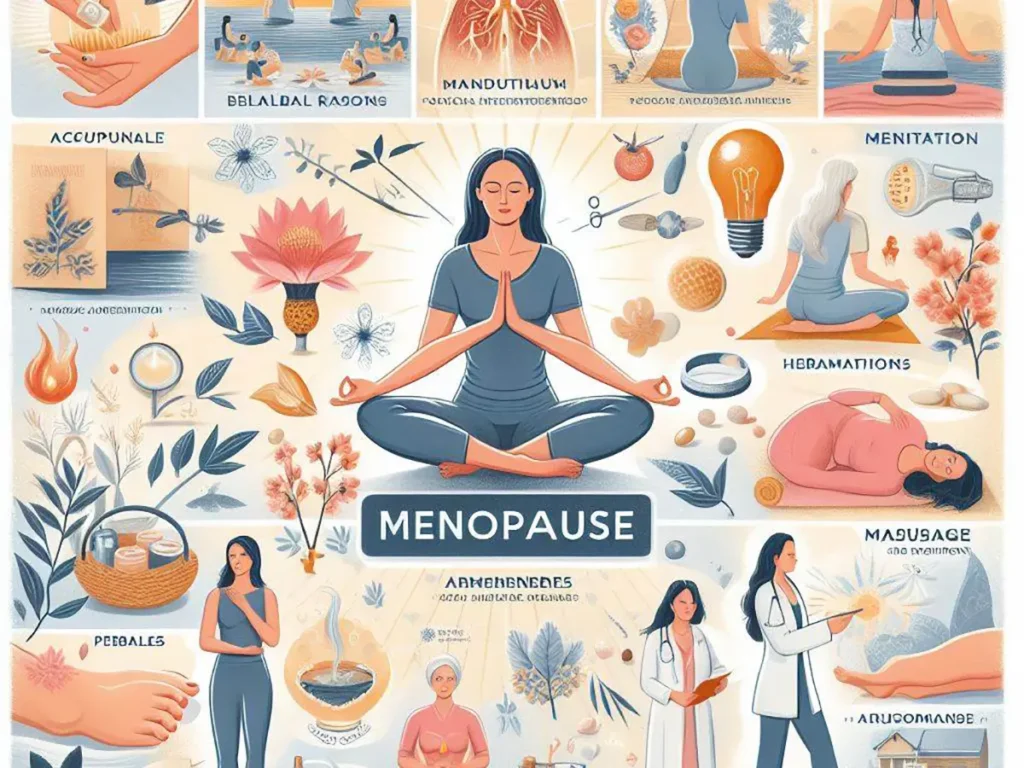The Impact of Menopause on Sleep
Menopause is a natural stage in a woman’s life that marks the end of her reproductive years. Several physical and hormonal changes, including sleep disturbances, characterize it. Many women experience difficulties falling asleep, staying asleep, or experiencing restful sleep during menopause.
Several factors contribute to sleep disturbances during menopause. Fluctuations in estrogen and progesterone levels can affect the body’s internal temperature regulation, leading to night sweats and hot flashes that disrupt sleep. Hormonal changes can also impact the production of melatonin, a hormone that regulates sleep-wake cycles.
Tips for a Restful Night’s Sleep
While sleep disturbances during menopause can be frustrating, several strategies can help improve sleep quality. Here are some tips to consider:
1. Create a Relaxing Bedtime Routine
Establish a consistent bedtime routine that allows you to unwind and relax before sleep. This could include reading a book, taking a warm bath, or practising relaxation techniques.
2. Keep Your Bedroom Cool and Dark
Menopause can cause body temperature fluctuations, so keeping your bedroom cool is essential. Use a fan or air conditioner, and consider using light, breathable bedding. Additionally, make sure your bedroom is dark to promote melatonin production.
3. Limit Stimulants and Alcohol
Caffeine and alcohol can interfere with sleep, so it’s best to limit or avoid them, especially in the evening. Opt for herbal teas or decaffeinated beverages instead.
4. Exercise Regularly
Engaging in regular physical activity can help regulate hormones and improve sleep quality. However, avoid exercising too close to bedtime, as it can increase alertness and make it harder to fall asleep.
5. Practice Stress Management Techniques
Stress and anxiety can worsen sleep disturbances. Incorporate stress management techniques into your daily routine, such as meditation, deep breathing exercises, or journaling.
6. Consider Natural Remedies
Some women find relief from sleep disturbances by trying natural remedies such as herbal supplements or essential oils. However, consulting with a healthcare professional before trying new remedies is important.
Conclusion
Sleep disturbances during menopause are common, but they don’t have to disrupt your quality of life. By implementing these tips, you can improve your sleep and wake up refreshed and rejuvenated. Remember, it’s essential to prioritize self-care and seek support from healthcare professionals if sleep disturbances persist.






